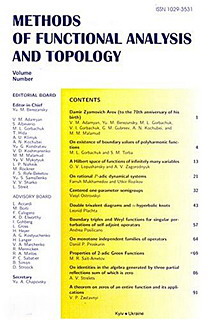Hilbert space hypocoercivity for the Langevin dynamics revisited
Abstract
We provide a complete elaboration of the $L^2$-Hilbert space hypocoercivity theorem for the degenerate Langevin dynamics via studying the longtime behavior of the strongly continuous contraction semigroup solving the associated Kolmogorov (backward) equation as an abstract Cauchy problem. This hypocoercivity result is proven in previous works before by Dolbeault, Mouhot and Schmeiser in the corresponding dual Fokker-Planck framework, but without including domain issues of the appearing operators. In our elaboration, we include the domain issues and additionally compute the rate of convergence in dependence of the damping coefficient. Important statements for the complete elaboration are the m-dissipativity results for the Langevin operator established by Conrad and the first named author of this article as well as the essential selfadjointness results for generalized Schrödinger operators by Wielens or Bogachev, Krylov and Röckner. We emphasize that the chosen Kolmogorov approach is natural. Indeed, techniques from the theory of (generalized) Dirichlet forms imply a stochastic representation of the Langevin semigroup as the transition kernel of diffusion process which provides a martingale solution to the Langevin equation. Hence an interesting connection between the theory of hypocoercivity and the theory of (generalized) Dirichlet forms is established besides.
Key words: Hypocoercivity, exponential rate of convergence, Langevin dynamics, Kolmogorov equation, operator semigroups, generalized Dirichlet forms, hypoellipticity, Poincar'e inequality, Fokker-Planck equation.

